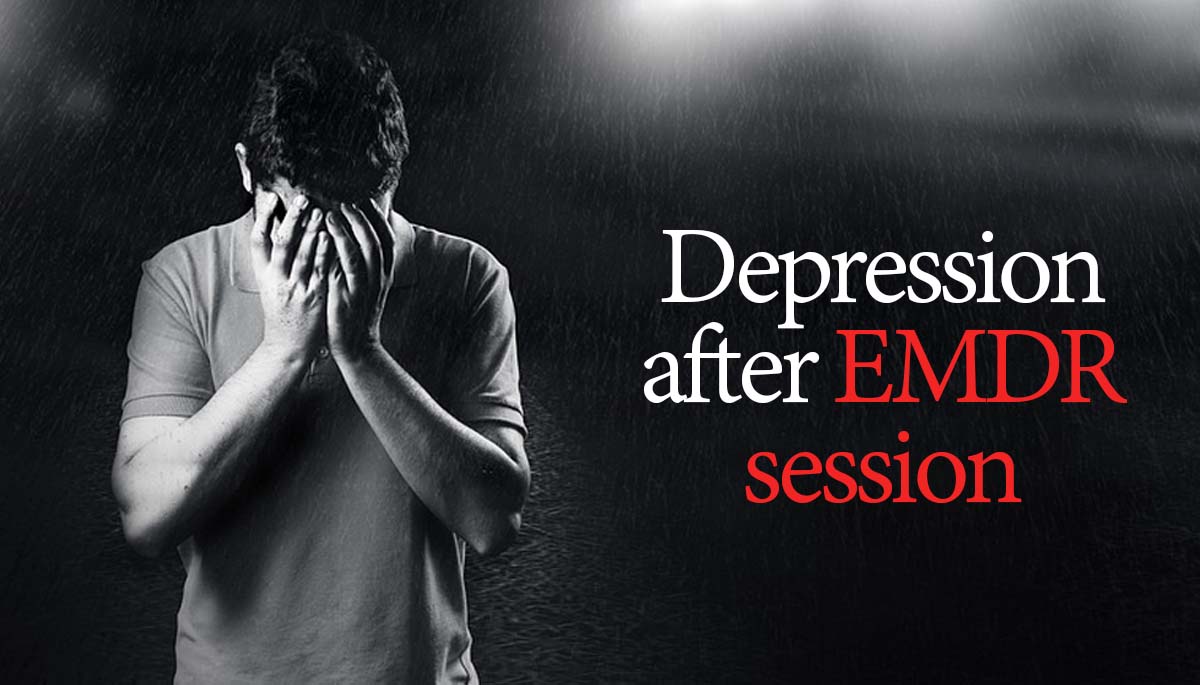EMDR has been a popular form of therapy for helping with PTSD, anxiety, and other trauma-related conditions. But how do you process feelings after an EMDR session?
Many people may experience emotions such as sadness and depression that they weren’t expecting while recovering from past hurts. That’s why it’s important to discuss the possible dangers of EMDR therapy with your therapist before starting any new treatment plan.
In this blog post, we’ll discuss common symptoms of depression after EMDR session, strategies for recognizing these signs in yourself or others, and steps for seeking help if necessary.
Depression after EMDR session
While there is a common misconception that EMDR can cause depression, the reality is much more complex. Studies have shown that people who undergo EMDR sessions may experience an increase in depressive symptoms in the short-term.
However, this typically resolves after a few days and the long-term benefits of EMDR are well documented in reducing depression symptoms over time. The most important factor to consider when it comes to any form of mental health treatment is whether or not it helps you achieve your goals and improve your quality of life.
If you are concerned about potential negative effects associated with EMDR sessions, it’s important to discuss them with your therapist before beginning treatment. A qualified professional will be able to provide guidance on how to best manage potential side effects and create a safe, supportive treatment environment. With the right support in place, you can be confident that any potential risks will be minimized while reaping the full benefits of EMDR therapy.
Ultimately, it is important to remember that while there may be some short-term discomfort associated with EMDR sessions, the long-term results are well worth it. Through working with a licensed therapist who specializes in EMDR, you can access powerful tools for managing depression symptoms and improving your overall mental health. If you’re considering EMDR as part of your treatment plan for depression or any other mental health issue, make sure to speak to your doctor about all of your concerns beforehand so that you can make an informed decision about what’s right for you.
By understanding the potential risks and benefits associated with EMDR, you can make an informed decision about whether or not it’s the best option for managing your depression symptoms. With the right support in place, you can look forward to a brighter future where your mental health is improved and your quality of life is enhanced.


